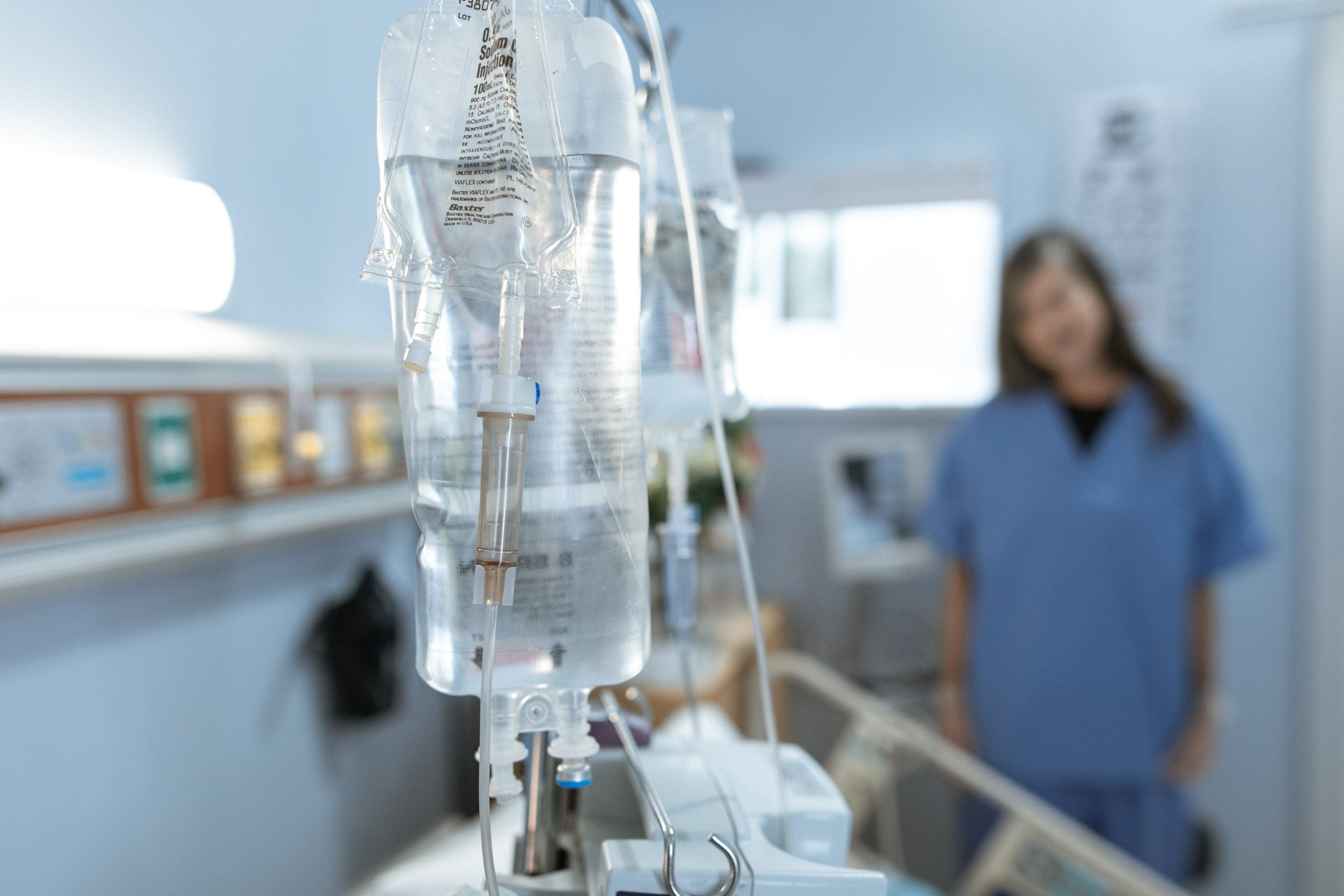Endocrinology and Diabetes Mellitus
Endocrinology deals with diseases affecting the endocrine glands.
Overview
Endocrinology deals with diseases affecting the endocrine glands. This includes thyroid disease, adrenal disease, reproductive endocrinology, growth disorders, calcium disorders, pituitary disease, water metabolism and pituitary disease in traumatic brain injury.
Endocrinologists need excellent communication and leadership skills. They must coordinate and maintain multidisciplinary networks for managing endocrine diseases and diabetes mellitus; for example, arranging monthly multidisciplinary meetings with surgery, radiotherapy, pathology and radiology for thyroid cancer. The very nature of endocrine diseases (for example, their impact on other organs and systems in the body) means that an endocrinologist must also be a skillful general physician.
Most endocrinologists look after medical inpatients and participate in the acute medical take, offering expertise in areas such as hypoglycaemia, glycaemic control in patients in intensive care and coronary care units, managing diabetic ketoacidosis, and adrenal or pituitary crises. Thanks to advances in the specialty, endocrinology is based mainly in the outpatient department and sees patients from adolescence to old age. There is an increasing trend to develop specialised, multidisciplinary clinics – for example, obstetric medical, or diabetic foot.
New therapeutic avenues are opening up as molecular biology unlocks many of the mysteries of endocrine disease. Doctors who complete Higher Specialist Training in Endocrinology and Diabetes Mellitus may later wish to subspecialise in endocrinology or diabetes mellitus.
Higher Specialist Training (HST)
Requirements
General entry requirements for HST:
- You must have completed Basic Specialist Training in the relevant specialty (or an equivalent programme) by the start date for HST. Please note that not all BST programmes offer consideration of equivalence. Download guidelines on BST programme equivalence (PDF, 133KB).
- You must have achieved a relevant postgraduate qualification such as MRCPI in General Medicine, General Paediatrics or Obstetrics and Gynaecology. Please note: we have reverted to the previous regulations regarding the examination which were in place before COVID-19. That is all HST candidates must have successfully passed their MRCPI Clinical Examination relevant to their speciality before their HST interview date. There are no exceptions to this requirement.
- You must be currently or previously registered on one of the divisions of the Irish Medical Council, or provide proof of eligibility for registration.
- You must have proof of competency in the English language in line with HSE specifications (PDF, 506KB).
- You must have demonstrated an aptitude for, and an interest in, that specialty.
Places in HST are allocated in the first instance to applicants who, at the time of application, are citizens of Ireland or nationals of another Member State of the European Union, Stamp 4 Visa Holders and UK nationals.
